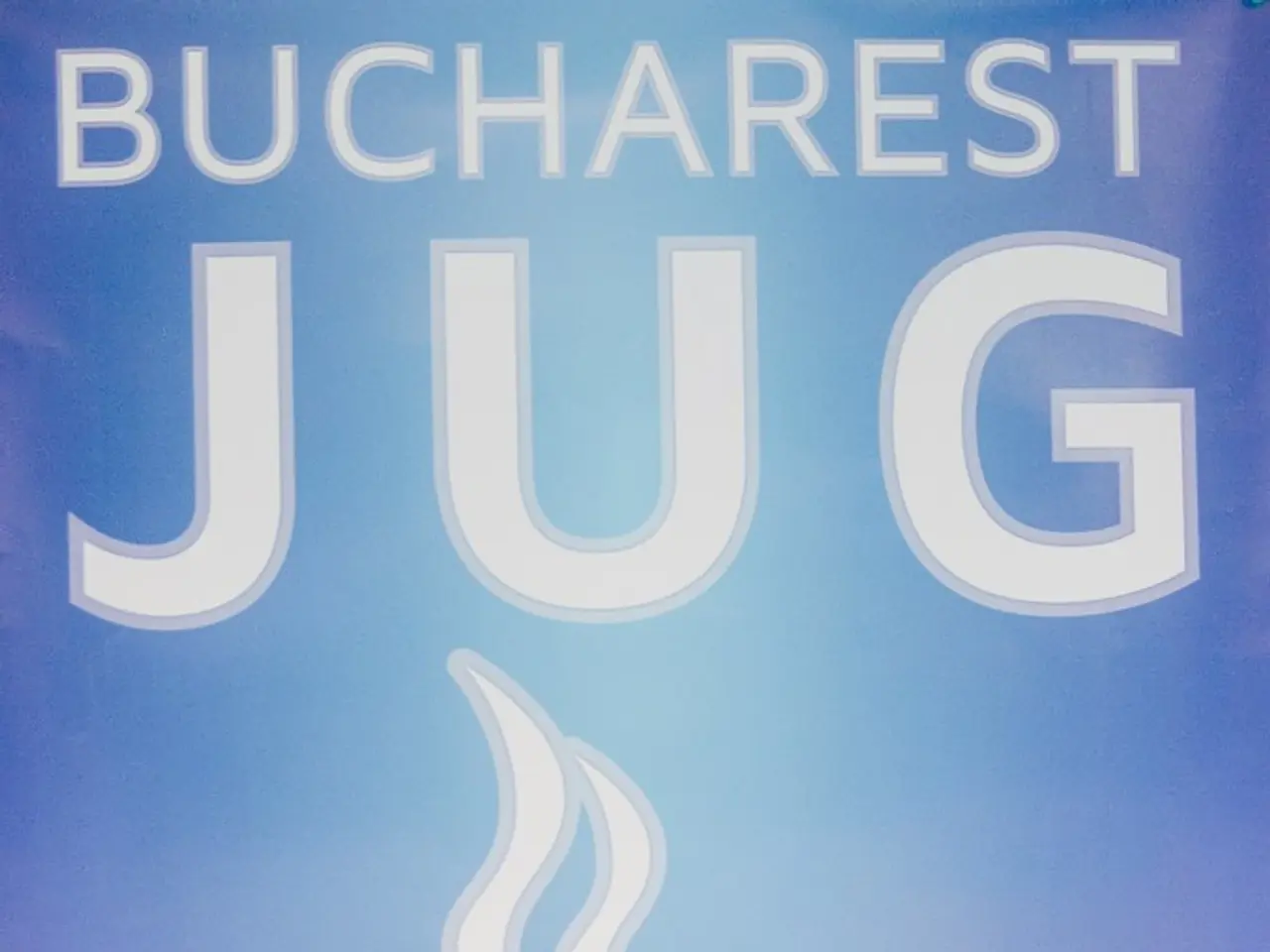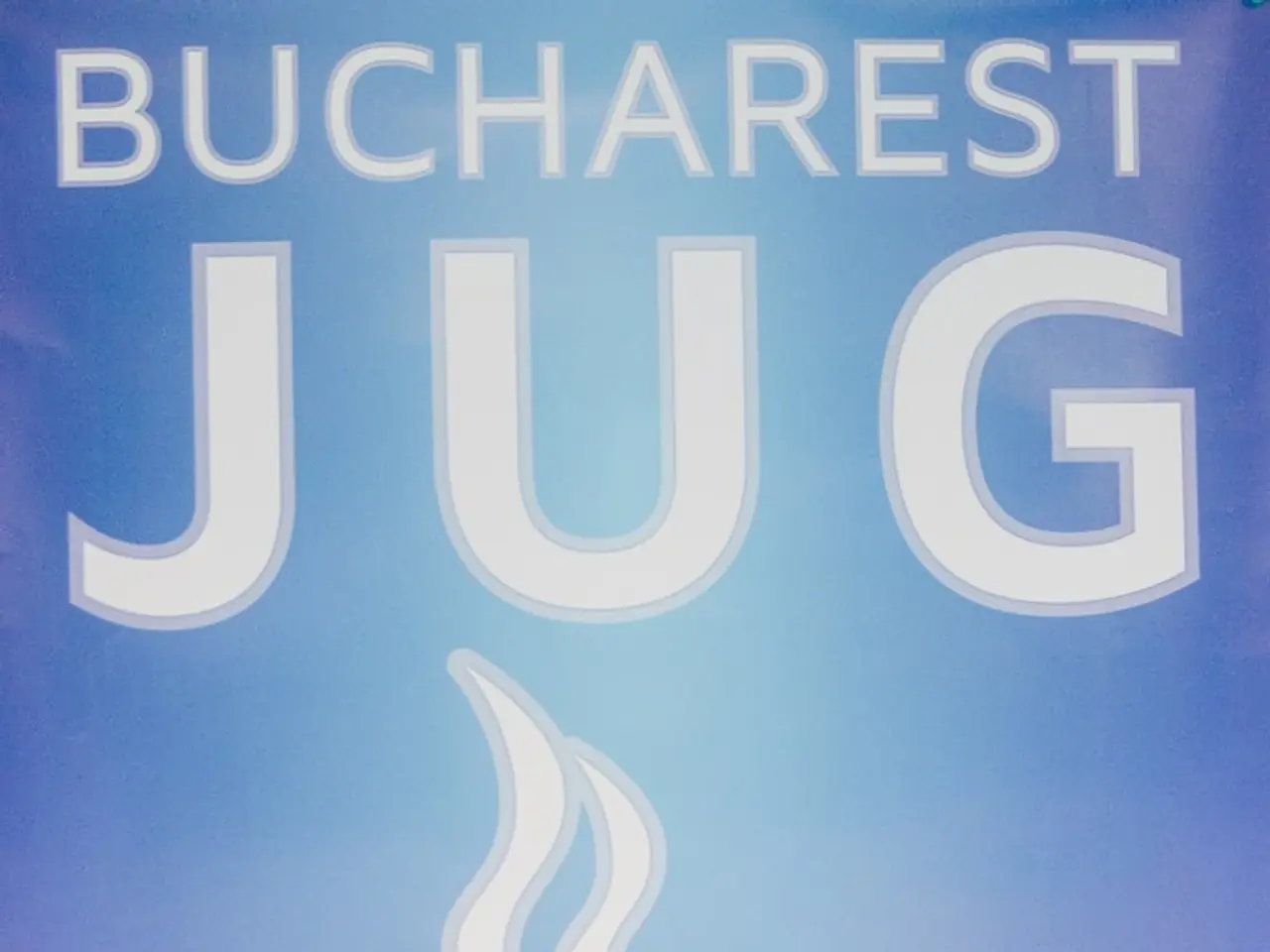Bernard Arnault expresses surprise in dialogue with the commission's representative.
During a hearing at the Senate committee investigating state aid to large companies, LVMH CEO Bernard Arnault criticized Fabien Gay, the Senate rapporteur and the director of publication of L'Humanité, over an article published in the newspaper. The article questioned job cuts in the Moët Hennessy division of LVMH.
Arnault expressed his displeasure, stating, "I am a bit shocked to see that the rapporteur present here found it appropriate to write, on the front page of his newspaper, that the luxury sector I represent is cutting jobs, when in fact it is the opposite." The hearing, which lasted over an hour and a half, highlighted a dual role conflict for Gay.
Gay defended himself following Arnault's questions, stating that L'Humanité had published an article about social struggles across France, not a long-term investigation. He explained that the article had focused on employment reductions within the Moët Hennessy division, a concern for LVMH.
In the lead-up to May 1, 9,400 employees of LVMH's group were informed of plans to eliminate 10% of the workforce, or 1,200 jobs, in the Moët Hennessy division. Gay admitted that he was unaware of the front-page article in his newspaper before Arnault's hearing at the Senate. The timing of the article has raised questions from LVMH's CEO and several French media outlets.
In his defense, Gay emphasized the freedom of expression of his journalists, stating, "I do not control the style of all my journalists, just as you do not control the pen of the journalists of Le Parisien or Les Echos." Despite the controversy, the core focus of the Senate committee remains the investigation into state aid granted to large companies.
The LVMH CEO, Bernard Arnault, criticized Fabien Gay, the Senate rapporteur, for an article in L'Humanité questioning job cuts in the Moët Hennessy division of LVMH, which raises questions about the intersection of Gay's roles as a business owner and a journalist. In the heated discussion, Gay clarified that the article was part of a broader piece about social struggles across France, focusing on employment reductions within the Moët Hennessy division, a concern for LVMH. The controversial article was published just before the Senate hearing, stirring debates over freedom of the press and transparency in the finance and business industry.








